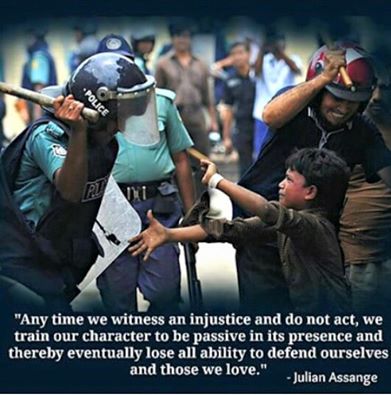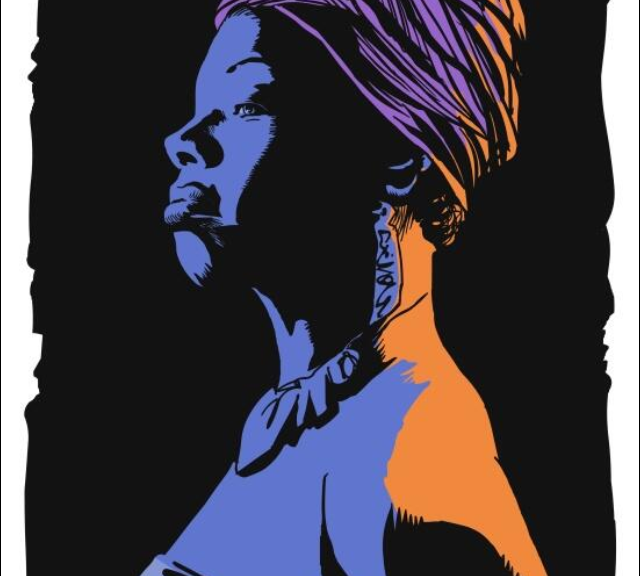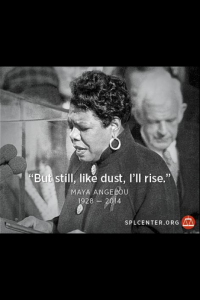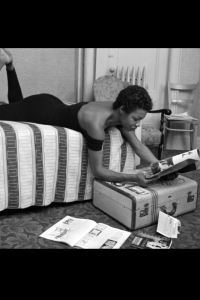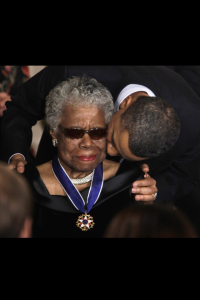So as the election results poured in Tuesday night, many people, especially those of color, were disappointed with the outcome. In the course of one evening, the Republicans seized control of the United States government by now having a majority in both the House (House of Representatives) and Senate. For the next two (2) years of Barack Obama’s tenure as president, there’s sure to be “bipartisan” gridlock on Capitol Hill. Up and down my News Feed on Facebook conversations reached a crescendo with complaints about the lack of voter turnout, individuals caring more about standing in line for the latest iPhone or Jordan sneaker release as opposed to performing their civic duty, and people flatly saying that didn’t vote nor did they care. What was more revealing and not a surprise was the number of people who were against Republican leadership. Which then lead to this question being raised on Facebook and other social media outlets, why were African Americans Democrats?
The two (2) party political system has an interesting history, and for African Americans the account is revealing. For many of us, similar to that of religion, your party affiliation was made for you by your parents. Once you were eligible to apply for a Voters Registration Card, you were told that you were associated with ____ party. Perhaps as you’ve gotten older, taken on responsibilities and discovered that the democratic process means more in your everyday life, you may have examined further, switched parties or disassociated yourself with the process entirely. African Americans are for the most part Democrats. A person of color dares not say they’re Republican for risk of ridicule; ask Stacy Dash. The Republican Party was founded to end slavery and Blacks mostly voted Republican from after the Civil War and through the early part of the 20th century. This is not surprising considering Abraham Lincoln was the first Republican president and is applauded for signing the Emancipation Proclamation in 1863. From 1869 to 1935, every African American elected to Congress was a Republican. The “Left” appears to spin history in their favor in the present and neglects to mention that it was the Democratic Party who founded the Ku Klux Klan in Pulaski, Tennessee in 1865. Moreover, it was the Democrats who instated Jim Crow laws and poll taxes. Initially, the Democratic Party did not welcome Blacks, and it wasn’t until 1924 that African Americans were permitted to attend Democratic conventions in any bureaucrat capacity. The tide began changing as early as the 1913 to 1921 presidency of Woodrow Wilson, and swung again in 1932 with the election of Franklin Delano Roosevelt. In 1936, FDR received 71% of the Black vote and had comparable numbers in the next two (2) elections. However, the number of Black Americans who thought themselves Republicans were virtually equal. It wasn’t until the election of Harry Truman (a Klansman who opposed Civil Rights legislation) in 1948, where he acquired 77% of the Black vote that a majority of Blacks reported themselves as Democrats.
Issues that contributed to the demise of the Republican Party amongst Black voters were the implementation of the Southern Strategy by Richard Nixon (though he was a supporter of Civil Rights) and the signing of the Civil Rights Act of 1964 and 1965 Voting Rights Act. The Southern strategy was Nixon’s campaign strategy to win the southern United States for the Republican Party during the 1968 and 1972 elections by catering to the residents’ primary concern: Desegregation. In his 1960 loss to John F. Kennedy, Nixon was able to get 32% of the Black vote. Lee Atwater, a political strategist for Ronald Reagan and George H. W. Bush, described the Southern Strategy in a 1981 interview:“”You start out in 1954 by saying, “Nigger, nigger, nigger.” By 1968 you can’t say “nigger” — that hurts you. Backfires. So you say stuff like forced busing, states’ rights and all that stuff. You’re getting so abstract now [that] you’re talking about cutting taxes, and all these things you’re talking about are totally economic things and a byproduct of them is [that] blacks get hurt worse than whites. And subconsciously maybe that is part of it. I’m not saying that. But I’m saying that if it is getting that abstract, and that coded, that we are doing away with the racial problem one way or the other. You follow me — because obviously sitting around saying, “We want to cut this,” is much more abstract than even the busing thing, and a hell of a lot more abstract than “Nigger, nigger.”” Michael Steele, former head of the RNC (Republican National Committee), on the Southern strategy: “For the last 40-plus years we had a “Southern strategy” that alienated many minority voters by focusing on the white male vote in the South. Well, guess what happened in 1992, folks, “Bubba” went back home to the Democratic Party and voted for Bill Clinton.”
According to a report from the JFK Library, “By the 1960 presidential campaign, Civil Rights had emerged as a crucial issue. Just a few weeks before the election, Martin Luther King Jr., was arrested while leading a protest in Atlanta, Georgia. John Kennedy phoned Coretta Scott King to express his concern while a call from Robert Kennedy to the judge helped secure her husband’s safe release. The Kennedy’s personal intervention led to a public endorsement by Martin Luther King, Sr., the influential father of the civil rights leader.” After King delivered his famous “I Have a Dream” speech in 1963, then President Lyndon B. Johnson (who opposed Civil Rights legislation in the decades leading up to his presidency) pushed through the Civil Rights Act of 1964 (outlawing segregation in public places) which his opponent, Senator Barry Goldwater opposed. This took place after the assassination of Kennedy in November of 1963. As a result, LBJ received 94% of the Black vote that year. The JFK Library states, “Before becoming vice president, Johnson had served more than two decades in Congress as a congressman and senator from Texas. He used his connections with southern White congressional leaders and the outpouring of emotion after the president’s assassination to passs the Civil Rights Act as a away to honor President Kennedy.” What’s lost in history is that the crux of the bill was drafted and pushed through Congress by Republican Senator Everett Dirksen. The following year, Johnson signed the 1965 Voting Rights Act and since that time, no Republican presidential candidate has gotten more than 15% of the Black vote. You then include the presidencies of Ronald Reagan, George H. W. Bush, and George W. Bush, the party’s stances on abortion, Social Security, the war on drugs, etc., and you can see why people of color are against them as a party. As I’ve mentioned before, party affiliation isn’t as important as the financial backing you have when trying to implement and influence change. The power of currency is all that matters in these times of high stakes poker involving war, drugs, natural resources and commodities. The Bill of Rights was created to advise citizens of their entitlements under the law and the obligation of elected officials to uphold them; the public shouldn’t be exploited as a result no matter the party affiliation. “We Are The Change!” I’m gone! (b)
Follow the Fan Page on Facebook : The Porch Reloaded – Rocking Chair Rebels
Follow us on Twitter: @ThePorchFellas
Follow us on Instagram: The_Porch_Reloaded
Email us: theporchfellas@yahoo.com
Listen to the show on Thursday nights at 7:00 pm: blogtalkradio.com/antirobotnetwork or www.theporchfellas.com

